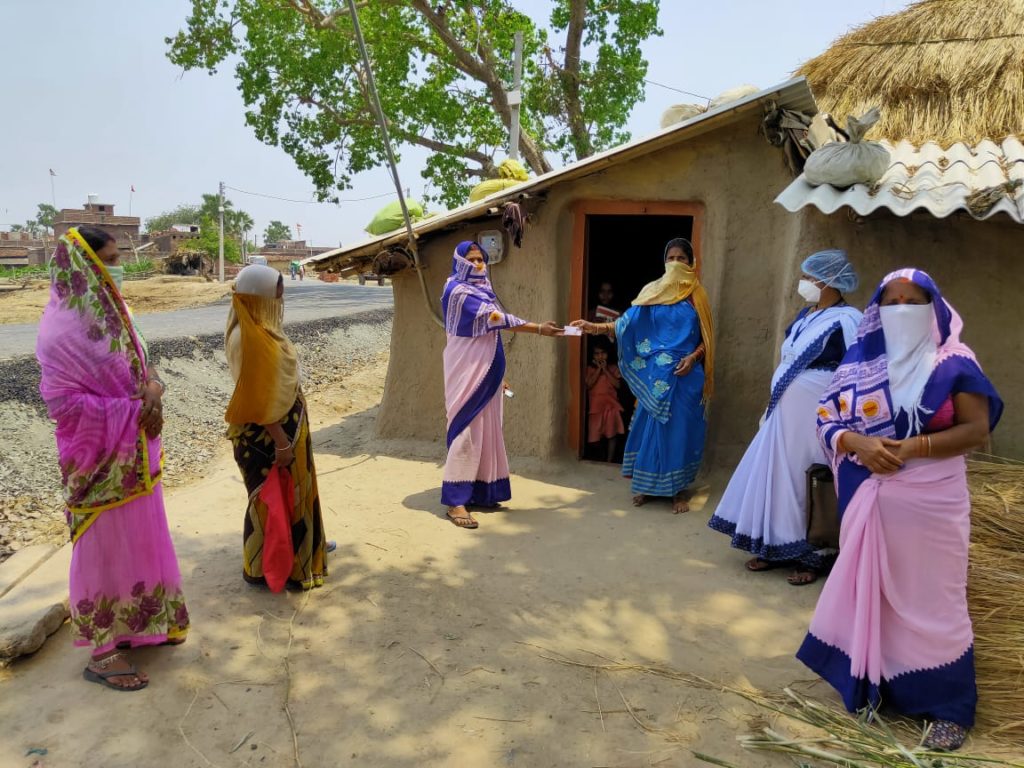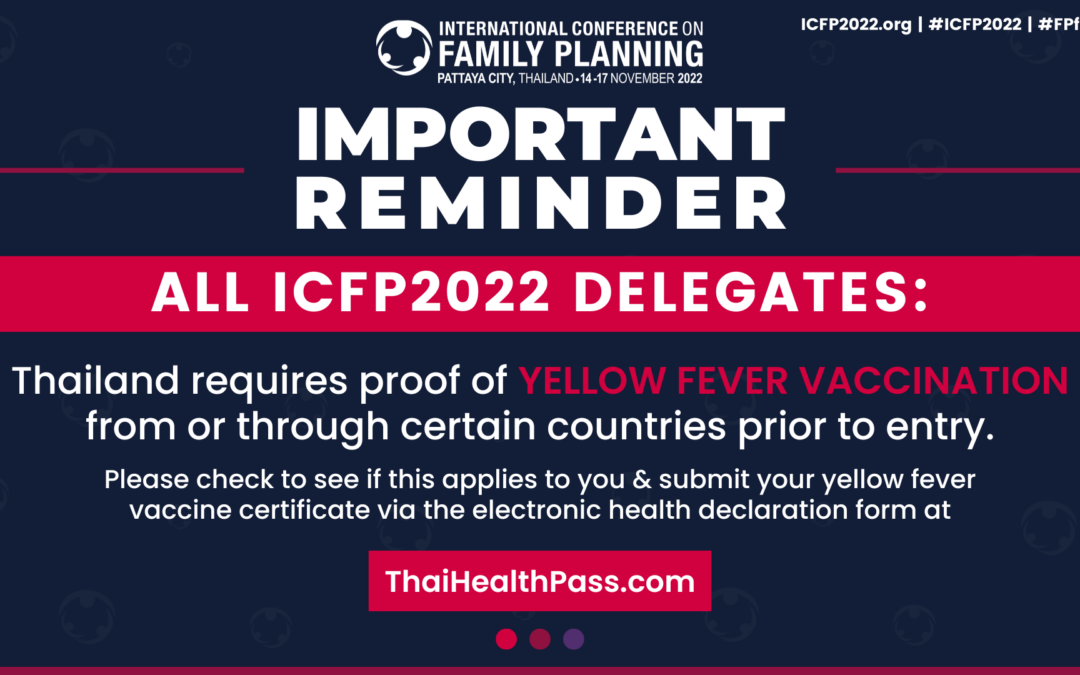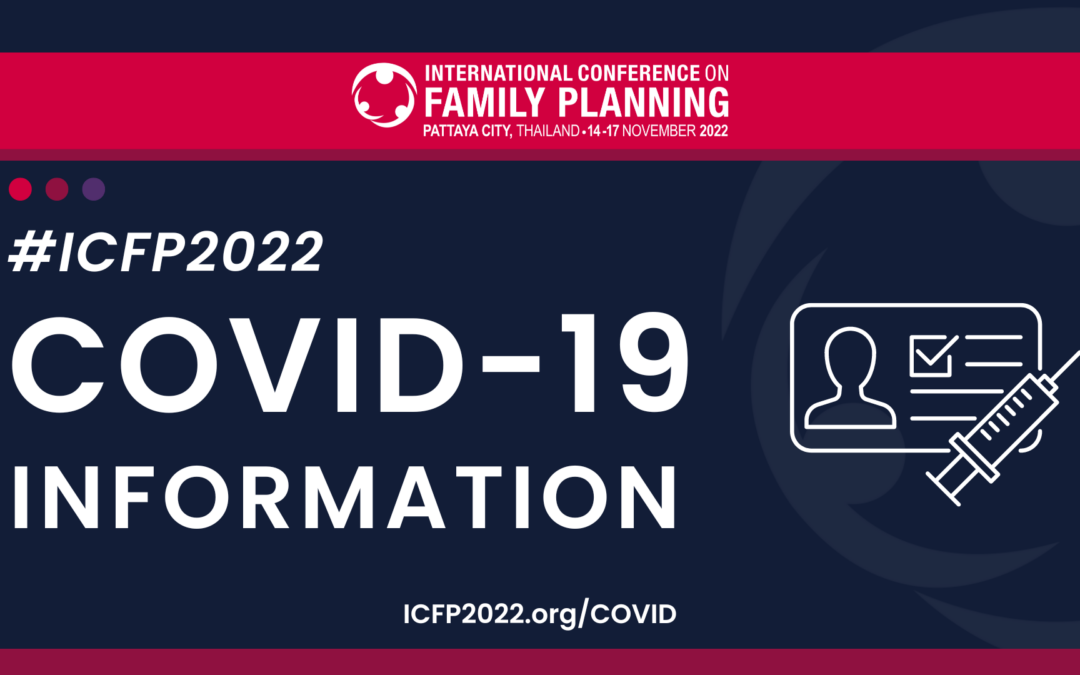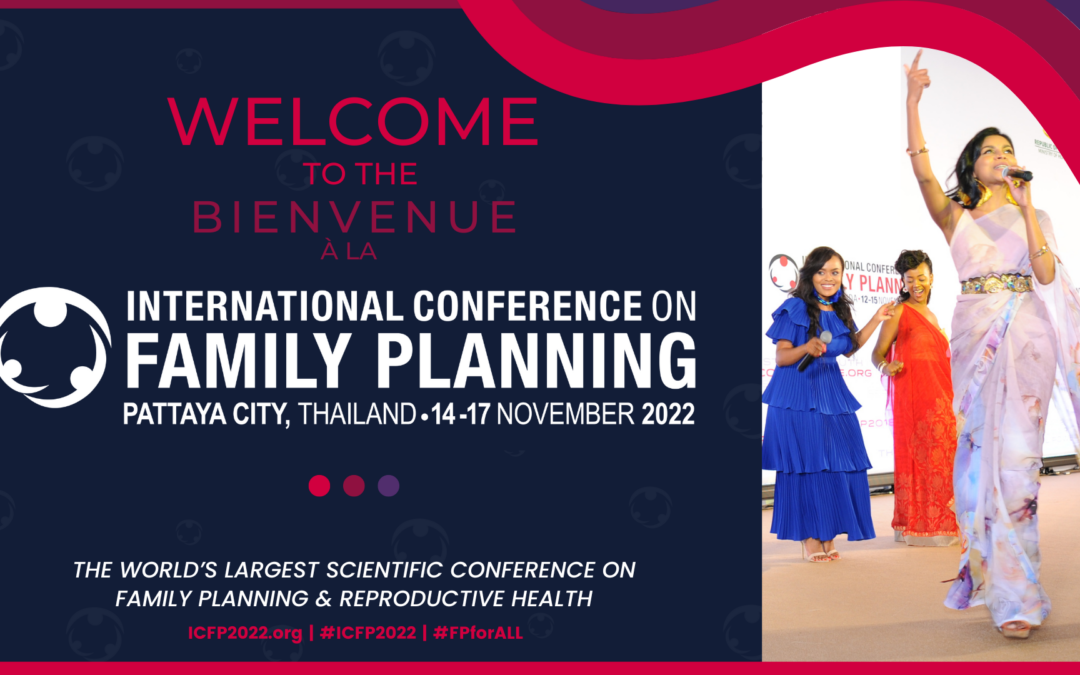Reporting and writing by Indrani Kashyap
Gamharia, Bihar, India — Babita Kumari woke early on this scorching summer day to finish her household chores and cook for her family. By 9 a.m., she is ready to set out on her home visits. Equipped with her bag, register and a bottle of water, she dons her mask and gloves and checks the hand sanitizer in her bag. Babita, 36, is an accredited social health activist (ASHA) serving a remote village of 153 homes in Gaya district. She is part of a workforce of around 900,000 women—an invaluable asset to India’s health system—who are now on the frontlines against COVID-19.
Having been an ASHA for more than a decade, Babita helps ensure families receive the care they need, including counseling couples about the merits of family planning and free services at government health facilities.
Jhpiego, with support from the David & Lucile Packard Foundation, has been a long-term partner of the Bihar government in strengthening the quality of postpartum family planning services in five districts, including Gaya. Under this project, Jhpiego has advocated for improved tubal ligation services and has provided family planning trainings for several cadres of health workers and more than 10,000 ASHAs like Babita.
But this summer has been like none other. On March 24, the Indian government announced a country wide lockdown to control the spread of COVID-19, bringing all business and transportation to a screeching halt and severely impacting essential health services. The complete lockdown lasted around 10 weeks.
Jhpiego saw the effect of COVID-19 on demand for family planning services early on. Comparing project data from 104 health facilities in Bihar for April and May 2019 with the same period this year, uptake of interval intrauterine contraceptive device declined 84% and tubal ligations declined a staggering 94%.
Engaging ASHA workers, who live within the communities they serve, was seen as the best way to mitigate the blow to family planning services. In response, the government issued directives that allowed ASHAs to distribute condoms, contraceptive pills and pregnancy kits during home visits. Babita found her responsibilities increase overnight.
To ensure Babita and other ASHAs receive an uninterrupted supply of contraceptives from the nearest health facility, Jhpiego helped implement a weekly tracking mechanism for family planning commodities that monitors their distribution from the state right down to the ASHAs. Jhpiego also conducted virtual trainings for health workers, including 67 ASHAs and 195 ASHA facilitators who each oversee about 20 ASHAs, explaining the basics of COVID-19 and how to prevent its spread, focusing on proper handwashing, social distancing and the importance of wearing a mask.
With the slow easing of the lockdown, facilities started providing routine services again and Jhpiego is helping revive family planning services.
Babita’s work takes her from house to house where she is checking for symptoms of COVID along with pre-existing conditions such as diabetes, heart problems, cancer and others. The intimate conversations over family planning that were more like those between a favored aunt or sister now must be had with social distancing in mind.
“Now while visiting their homes, we have to stand afar, speak from a distance, all our communication has to happen in this unnatural manner,” said Babita. “While giving information to a couple on family planning or telling a lady how to take her pills, it should ideally be done in some privacy. But all of it has to be shared from a distance outside their house now.”
And yet Babita is determined to press on. Despite the concerns of her husband and three children, she goes out every day. “I explain … I am working as a part of the health system, and at a time like this, if I feel scared and sit home, the health of my community will suffer. So, there is no way that I can sit at home,” said Babita with a smile and the dedication of a true corona warrior.
Dr. Chandrakant Moghe, Dr. Prabhat Kumar, Mayouresh Kumar, Rajeev Kumar Gupta, Vijay Vikram and Yeshey Wangmo contributed to this story. They all support Jhpiego’s family planning program in Bihar.






